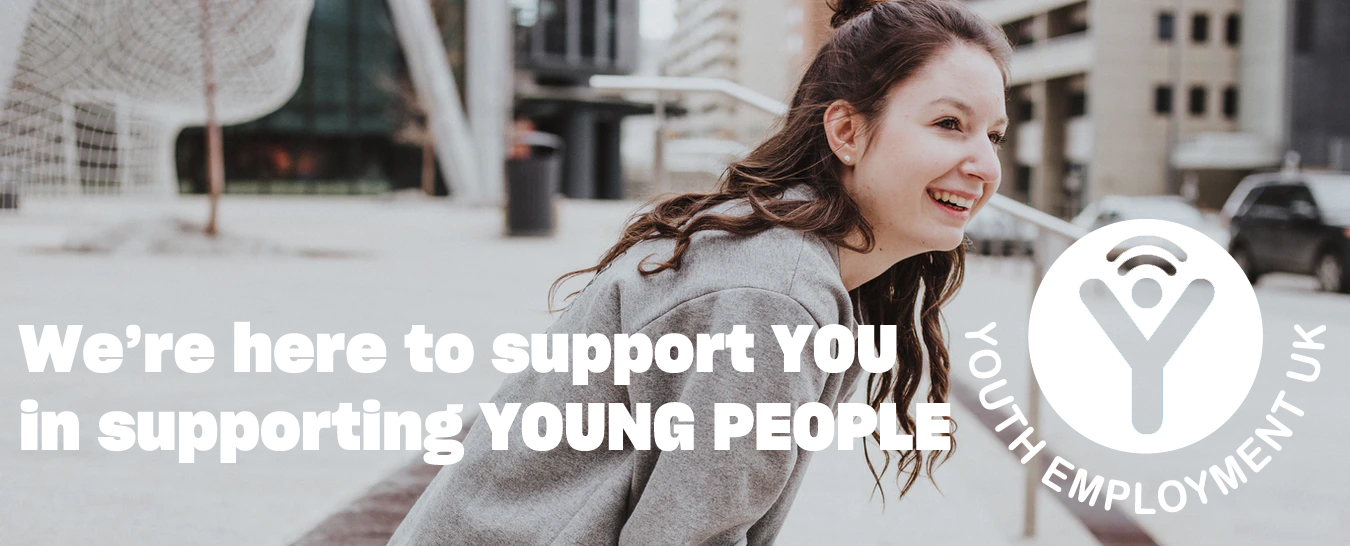Wondering if university is the right choice for your child? Here are a few things to consider to when thinking about their future next steps…
If your child is thinking about going to university soon, you might also be thinking about exactly the same thing. But what do you do if you’re not sure if university is the right choice for them?
It’s not a route for everyone and you can build great careers with alternative pathways, but it’s also a great experience to have. Here are a few things for both you and your child to consider when planning what comes next.
Degrees aren’t the be all and end all
While degrees are certainly a way to gain further knowledge in a topic you’re passionate about, they aren’t always necessary for your child’s future. Unless they have a particular career in mind like nursing or law (something that requires expert and specific knowledge), there are other routes into industries like entry level roles and apprenticeships (which can lead to a degree but with work experience too).
They’ll all have a different structure, so asking ‘how do I learn best?’ and ‘how will this type of learning help me?’ is a good place to start. You can also attend university open days and speak to people who have and have not been to university.
What’s in it for them?
Being informed of the options can help the answer to the ‘is university right for me?’ question seem a bit clearer. Having your child consider the pros and cons of each option, including university can help reveal the right choice.
For example, there’s sometimes greater earning potential with a university degree and they’ll get to study something they love. They’ll also get to meet like minded people and gain life experience if they choose to move away from home.
However, having a university degree doesn’t always guarantee they’ll get a graduate job straight out of school (it’s not always enough alone as skills and experience are highly valued) and they’ll have to pay back student debt (when they reach a specific earning threshold).
Whether the pros or the cons weigh more will differ from person to person.
What are their university options?
Going to university is a big transition and there’s a lot to consider. Knowing what the right thing to do is can require asking yourself and your child about what’s to come and how to prepare. For example:
- How will they pay for university? Can they get a student loan and will it cover most of the costs?
- Will they live at university or commute from home? The key thing here is do they feel they can live away from home – can they cook for themselves and clean? Will they miss home too much?
- Would an online degree course or a degree apprenticeship be better?
- Do they need to start with a foundation year or Higher National Diploma or Certificate before a bachelor degree? They can build course knowledge before taking on a more intensive course.
- One of the big questions is: are they ready? They’ll likely know, but if not, a gap year could be a good way to decide later if it’s still what they want to do.
What if it’s the wrong choice?
University isn’t for everyone. So what happens if your child does go to university and they then decide they’ve made the wrong decision.
If it’s the subject that’s the problem, they don’t have to quit university. Changing course is an option. The earlier it happens, the easier it will be as they’ll need to catch up on the work they’ve missed. It’s better to change course as soon as they know it’s not right for them than regret it half way through.
And what if it’s university that’s the problem? Can they change their mind and do something else that isn’t university? Of course – it’s never too late! Sometimes experience is one of the best ways to decide if something is right or not. Their university will support them with the necessary steps.
Consider why you’re asking this question
You might be asking this question because your child is considering university or wants to go, and you’re just not sure. If that’s the case, having a conversation is the best way forward.
Why do they want to go to university so much? Is it because they want the experience (keep in mind that it’s not just about partying) or can’t wait to study something they’re passionate about, or is it just because their friends are doing it and they don’t want to get left behind? If it’s the latter, it might not be the best choice and it’s important to help them get their priorities figured out.
If this isn’t the case and you think university is the right choice, but they’re not so sure, consider why you think this. You may be right and helping them decide for themselves by looking at the options will help. But they’re likely to know themselves the best, and if they don’t want to go, then that’s their decision for their future.
Do you and/or your child think a university degree means success, and it’s the only way to get ahead? It’s not true and looking at the bigger picture will help you decide whether it is the right option for them and their needs or not.
Looking at the parent section on the UCAS website is a great place for parents like you to find out everything you need to know about university for your child.



